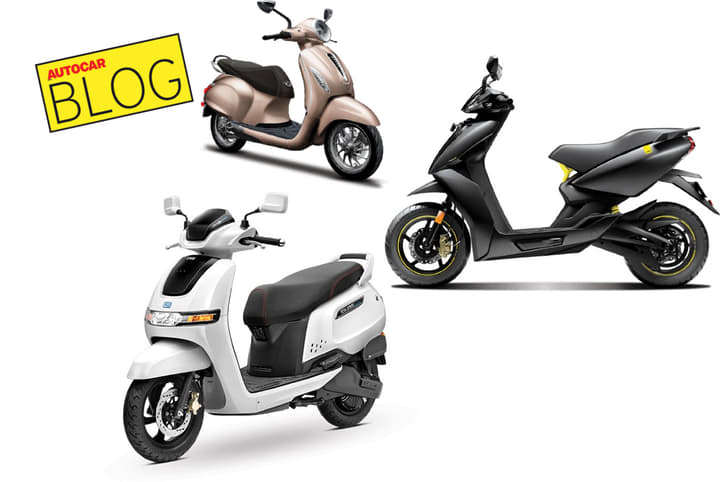ESP or Electronic Stability Program might soon become common fare. On the back of upcoming crash norms, mandatory airbags and ABS, the government and various safety lobbies are considering mandating ESP as well.
That’s a great idea. The stability program is credited with saving thousands of lives at a minimal cost increase. But while the corridors of power mull ESP, the industry is longing for a stability program of a different kind: PSP or Policy Stability Programme.
Take our fuel policy. The government decided to leapfrog the planned BS-V norms and bring forward the BS-VI implementation to 2020. Sure, you can’t argue with lowering emissions, but then why not plan this in the beginning? These multi-crore investments will have a rather short life span when we apparently have to go all electric in just about 13 years.
Yes, the world is plugging, but even markets like France and Germany have a target of 2040. We, however, intend to go all electric by 2030. And on our way there, the government suddenly decided that hybrids are a bad idea. Only recently, encouraged with various tax breaks, hybrids were slapped with the same rate as large luxury vehicles. This is, of course, thanks to mild-hybrids taking advantage of the system, but absurdly, all benefits have been withdrawn for full hybrids too; never mind the fact they actually deliver significant fuel (and emission) reduction. The Camry hybrid, for example, delivers 6kpl over its regular sibling. That’s a 70 percent increase in mileage! With the prior incentives on offer, many manufacturers had hybrid plans well underway. Hyundai was all set to launch the full-hybrid Ioniq early this financial year. With this sudden decision, the launch has been shelved and many manufacturers’ propulsion plans are being reworked.
And then there are the autonomous cars. The government has a stated a goal of reducing road fatalities by 50 percent in the next three years. Better car safety, stricter driver education and improved roads would come in and India could finally have these cars plying on roads too. But in another sudden and bizarre twist, Nitin Gadkari, the minister for road transport and highways, said that autonomous cars will not be allowed here as it will cost thousands of jobs.
Is this a populist statement or one of defeat conceding that road improvement isn’t going to happen? Or simply a poorly thought-out proclamation? Either way, if and when the 50 percent target isn’t met, what’s next? Mandating autonomous cars?
Building a car isn’t like stitching a new shirt; there’s design, engineering and testing, and it all takes time, money and planning. All of this is massively disrupted with changes in policies. If it’s manufacturing and economic growth we’re after, then we need stable implementation of plans. PSP? Yes, please!

























